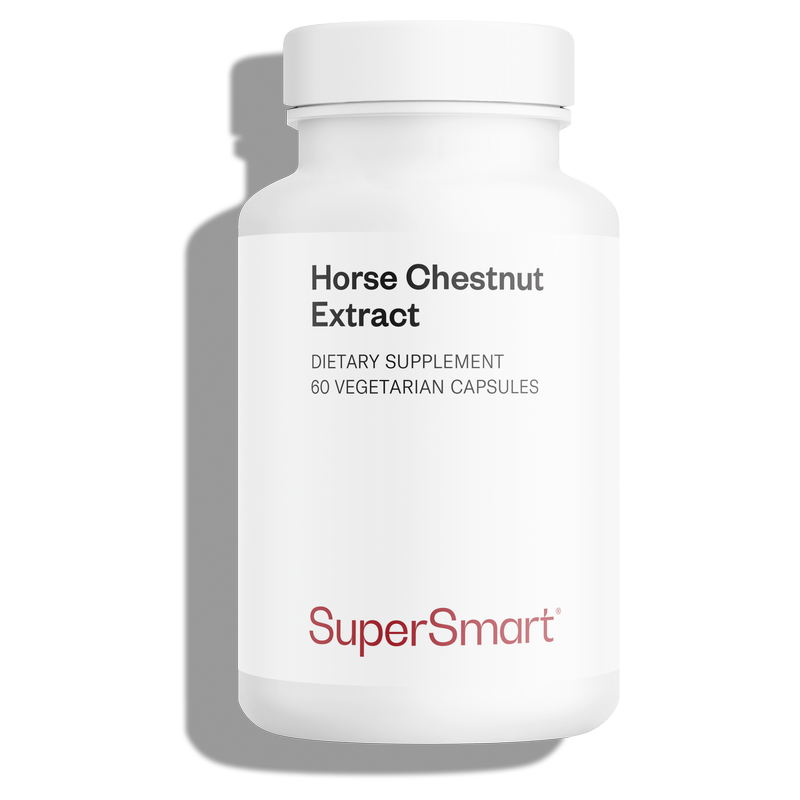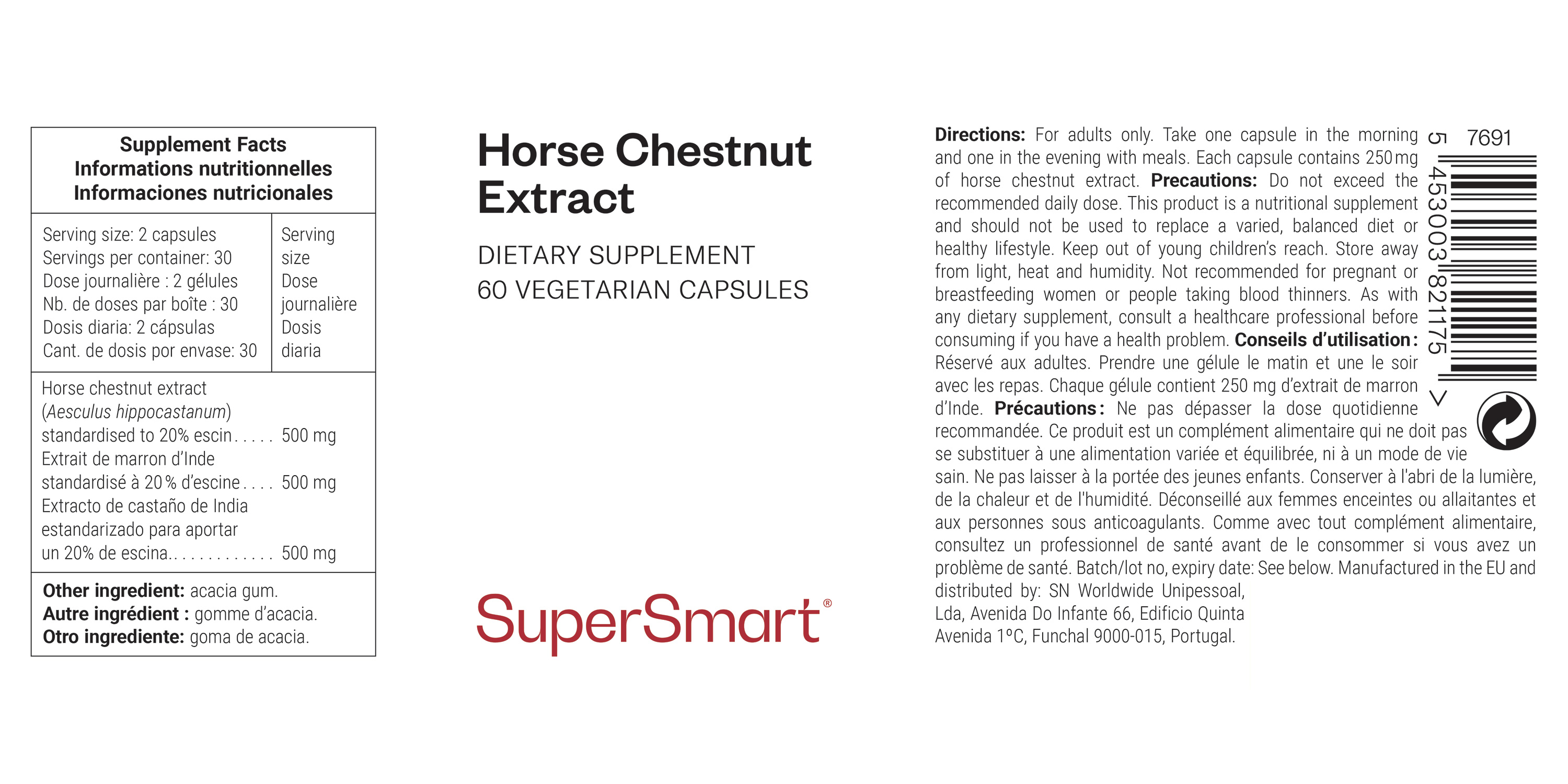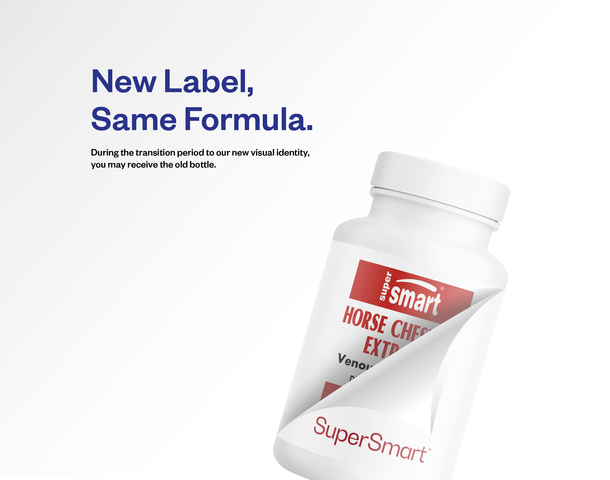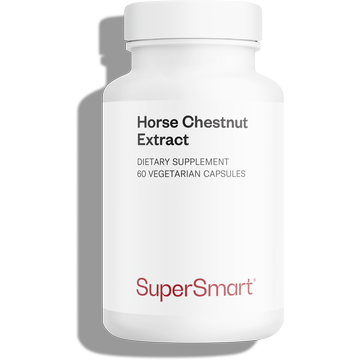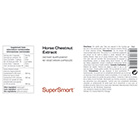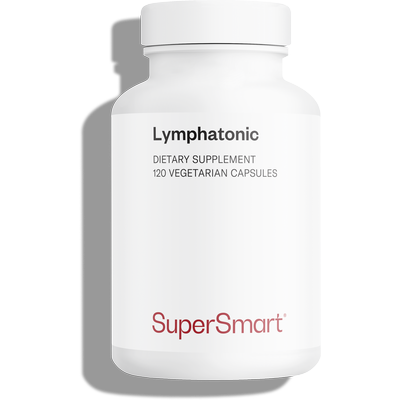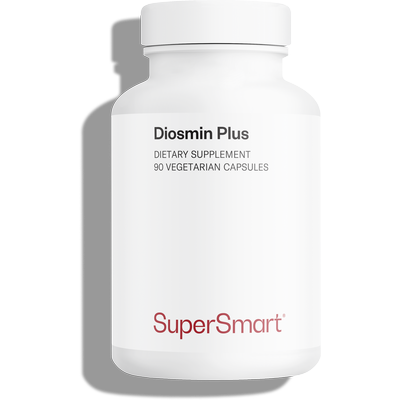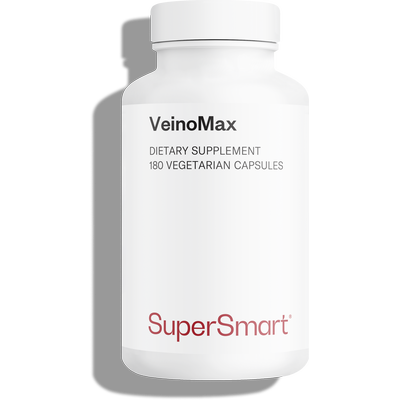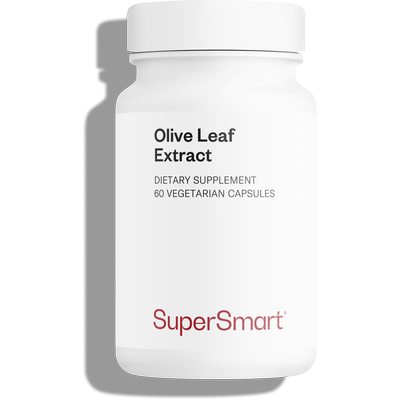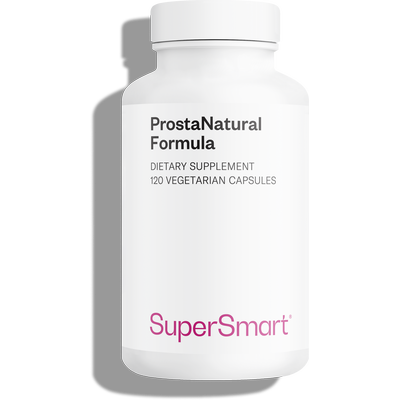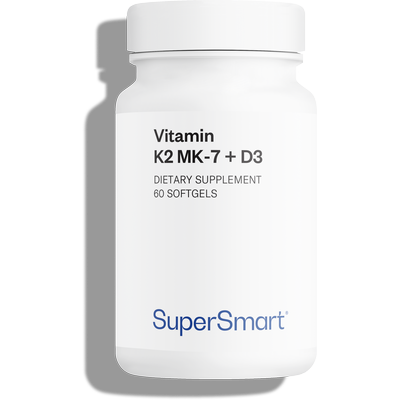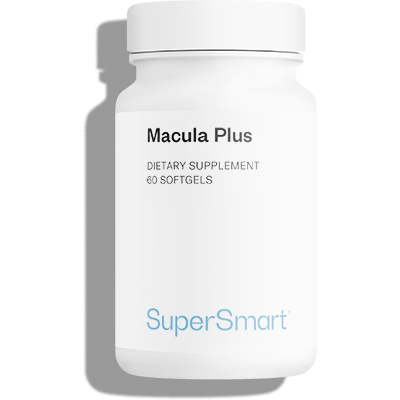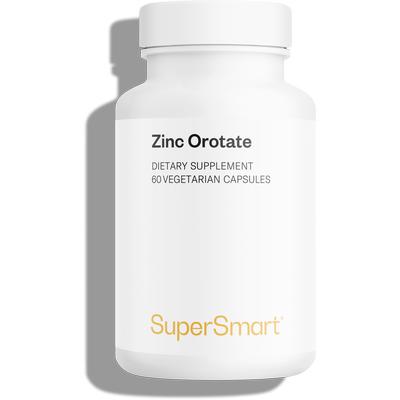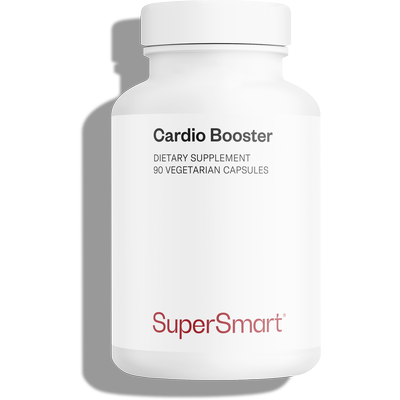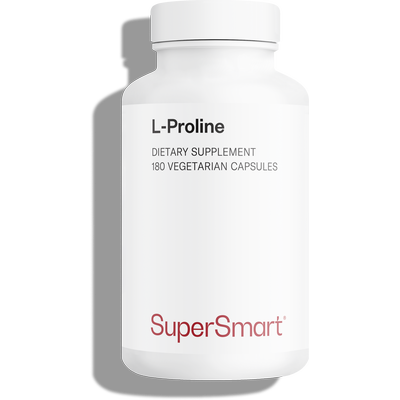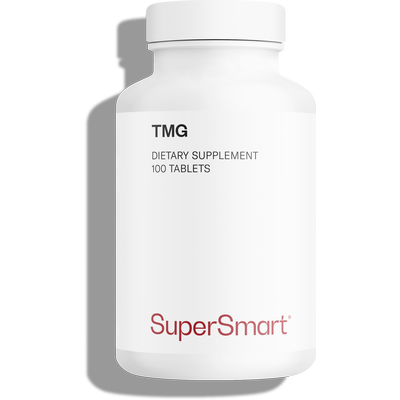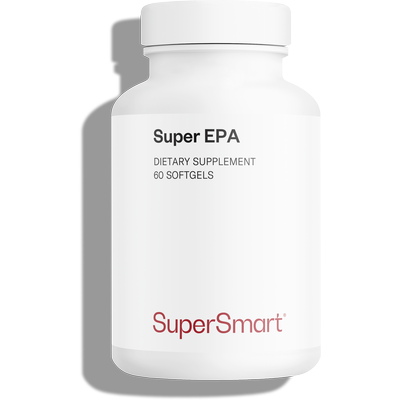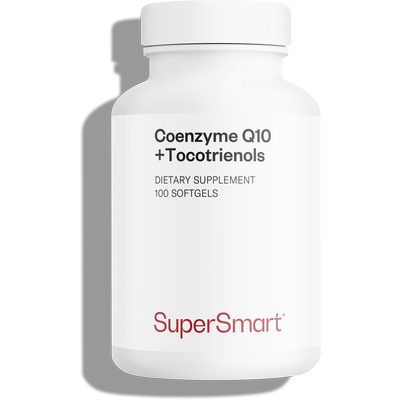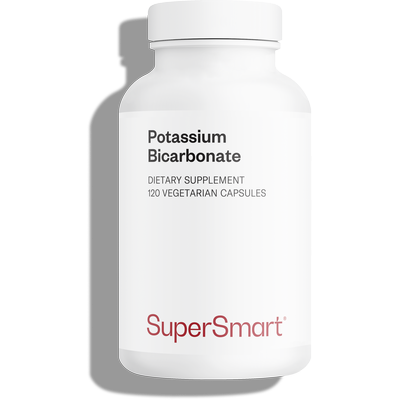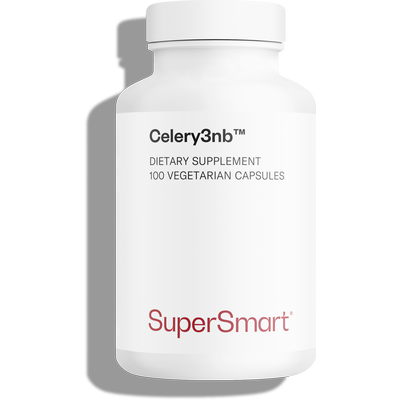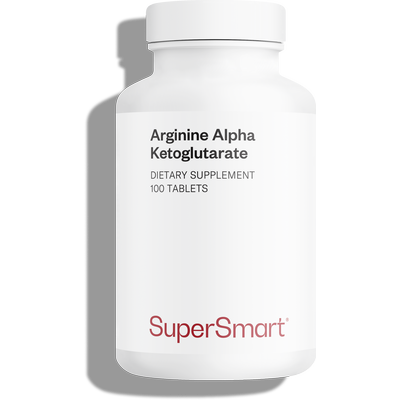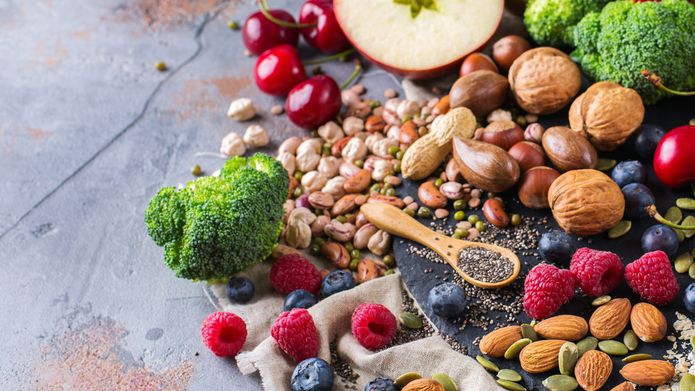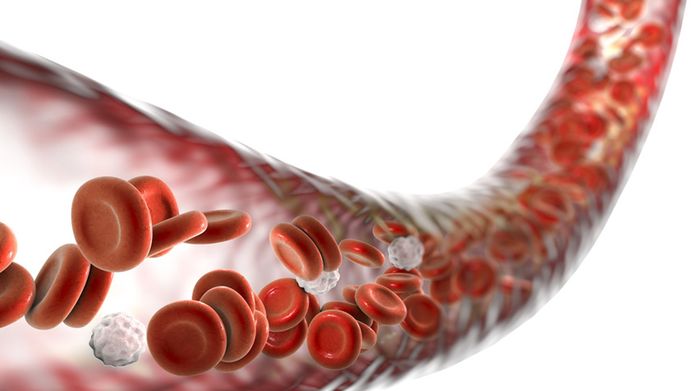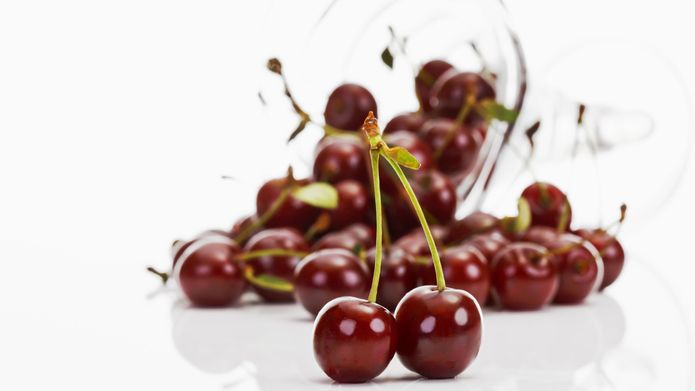Complete your selection
Horse Chestnut Extract is a natural venotonic supplement, delivered in vegetarian capsules and based on horse chestnut. Thanks to its exceptional richness in escine (normalization at 20% against 3 to 6% on average), it contributes to improve blood circulation and helps to reduce the circumference of the legs.
Who should take Horse Chestnut Extract?
Horse chestnut extract is for anyone who suffers, either regularly or occasionally, from the following symptoms:
- The sensation of heavy legs.
- Pain in the legs or feet.
- Swollen calves or thighs (especially in the evening).
- Day or night cramps.
- Itching of the lower limbs.
- Frequent oedema.
- Pins and needles in the legs.
- Recurrent tingling.
It’s estimated that 25% of women, and around 10-15 % of men are regularly affected by at least one of these symptoms.
What is horse chestnut?
The horse chestnut tree which bears the fruit originated in the Balkans (especially in Bulgaria and Albania) and is now found throughout Europe.
Traditionally, the whole seed was used (and sometimes even the leaves and bark), but since it was discovered that it contained an anticoagulant called aesculin, producers of natural extracts are required to remove this molecule.
However, Horse Chestnut Extract’s content of the active substance aescin has been increased as it is responsible for the supplement’s beneficial effects on the circulation . Our supplement also contains other active compounds responsible for its synergistic effect:
- Flavonoids (particularly quercetol and kaempferol), which give the horse chestnut fruit its pigmentation (1).
- Saponosides (the most active principles of which are aescin and b-aescin).
- Tannins.
- Coumarins.
- Essential oils.
- Proteins (globulin and hippocastanin).
- Polysaccharides.
Horse chestnuts are often confused with chestnuts because they are morphologically very similar.
What are horse chestnut’s mechanisms of action in relation to blood flow?
The aescin it contains maintains the permeability and tone of the vein wall (venotonic effect) (2), which helps blood return to the heart, particularly in the superficial capillary vessels (3).
These effects are due to three distinct mechanisms:
- Increasing levels of the energy molecule ATP (decreased levels of which are associated with venous insufficiency).
- Reducing the activity of phospholipase A2, an enzyme which releases inflammatory mediators in blood vessels (4).
- Also reducing adherence of neutrophils (immune cells which are immobilised and aggregate on the inner surface of blood vessels) and inhibiting the activity of an enzyme called hyaluronidase which breaks down capillary walls (5).
A number of studies have shown additional benefits for aescin:
- Anti-inflammatory (activation of leukocytes).
- Antioxidant (increases in reduced glutathione) (6).
- Anti-haemorrhoidal.
What is in Horse Chestnut Extract
Any questions?
Our team of nutrition experts and scientists has the answers.
Venous insufficiency is characterised by changes to the vein wall (leading to the development of varicose veins), hormonal fluctuations (resulting in increased elasticity of the vein wall) and dysfunctional valves.
It manifests in poor blood flow in the veins. It's mainly the legs which are affected - they become heavy, painful and swollen as blood accumulates. It eventually leads to the permanent formation of unsightly varicosities: damaged veins that are blueish, twisted and prominent.
Horse chestnuts are sometimes described as poisonous. This is because of a toxin called aesculoside which has been carefully removed from the supplement Horse Chestnut Extract.
Apart from this, the only other change is the increase in aescin, a thoroughly well-tolerated molecule.
Horse Chestnut Extract combines well with other natural venotonics available to buy at Supersmart such as Lympathonic, a sweet clover extract with a high coumarin content, and VeinoMax, a natural formulation containing several plant extracts good for circulation problems.
A very large number of trials have been conducted on horse chestnut in people with venous insufficiency. These trials have:
- Demonstrated alleviation of leg pain and oedema in individuals supplementing with 300mg of horse chestnut extract (7).
- Showed a decrease in leg volume with the same type of supplement (8-9).
- Showed aescin to have a similar effect to that of compression stockings (10).
- Demonstrated positive effects for aescin and pycnogenol (a molecule found in French maritime pine bark) on venous insufficiency (11).
If you suffer from circulation problems, particularly in the legs, it's important to be aware of risk factors to avoid and positive steps to take to boost the action of venotonics:
Factors to avoid:
- Wearing anything too tight on your legs or around the abdomen.
- Sitting with your legs crossed.
- Prolonged standing.
- Excess abdominal weight.
- Wearing unsuitable shoes (very high heels).
- Very high temperatures.
- Engaging in intense sports (such as volleyball, handball or football).
Measures to adopt:
- Regularly stand on tiptoes.
- Keep flexing your feet when sitting for prolonged periods.
- Wear special orthopaedic insoles.
- Take a cool shower at the end of the day, beginning at the ankles and moving up to the thighs).
- Engage in regular, gentle exercise, such as walking, swimming or gymnastics.
- Wear compression socks or stockings: they help stimulate venous return and prevent blood from pooling.
- Eat a diet high in plant fibre (fruits and vegetables).
october 22 2025
Heb wel het idee dat het effect heeft op blauwe aderen op de benen maar nog iets te vroeg om een definitief oordeel te kunnen geven
I do have the idea that it has an effect on blue veins on the legs but still a bit too early to give a definitive judgment.
 see the translation
Translated by SuperSmart - see the original
see the translation
Translated by SuperSmart - see the original
march 6 2025
Très bon produit ancien pour la circulation veineuse, que l’on peut associer à d’autres pour les mêmes problèmes.
Very good traditional product for venous circulation, which can be combined with others for the same issues.
 see the translation
Translated by SuperSmart - see the original
see the translation
Translated by SuperSmart - see the original
february 14 2025
C'est un complément-> bouger !
It's a supplement -> move!
 see the translation
Translated by SuperSmart - see the original
see the translation
Translated by SuperSmart - see the original
january 17 2025
Bon produit pour la circulation en synergie avec d’autres.
Good product for circulation in synergy with others.
 see the translation
Translated by SuperSmart - see the original
see the translation
Translated by SuperSmart - see the original
august 27 2024
**********
Need help?
You may also like
of experience
your money back
##montant## purchase

